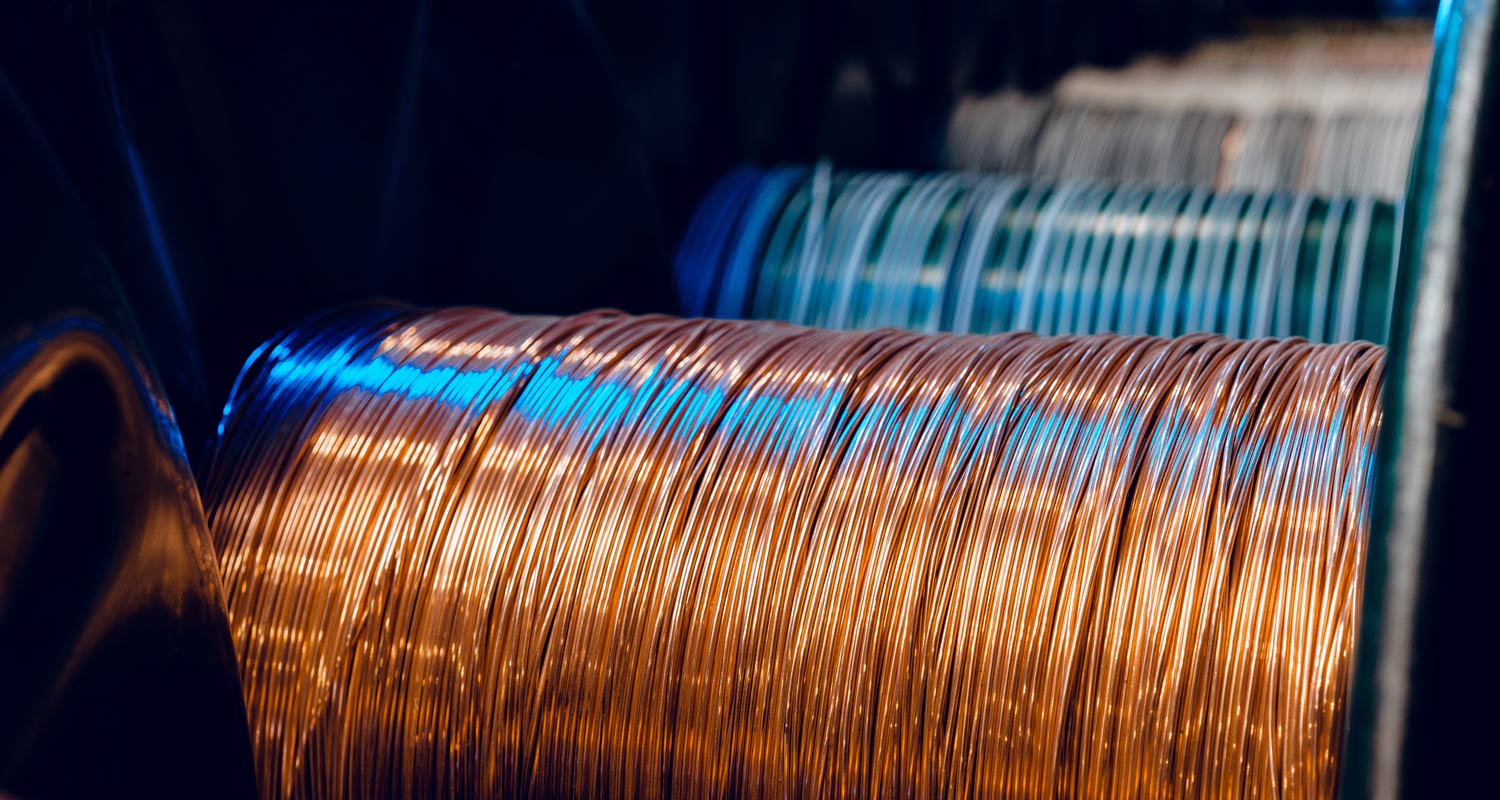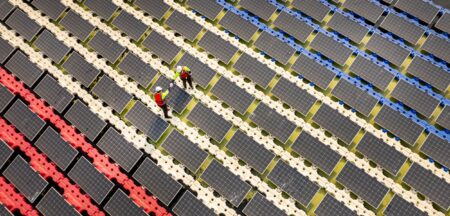 The recovery of South Africa’s two biggest state-owned companies — beset by years of corruption and theft — relies on one common component: protecting thousands of kilometres of cables from theft and rolling out more.
The recovery of South Africa’s two biggest state-owned companies — beset by years of corruption and theft — relies on one common component: protecting thousands of kilometres of cables from theft and rolling out more.
Both freight-rail operator Transnet and power utility Eskom battle to hang onto lines that typically contain copper and which criminals steal and sell as scrap.
While copper theft is a problem that plagues operators worldwide, the economic impact of the theft on South Africa’s rail and electricity networks alone was more than R45-billion in the year to March 2022 because of replacement costs and lost revenue, Corruption Watch said in a report.
Crime continues to cause delays and add to expenses for Transnet, the company said on Monday, when it reported a full-year loss. While it’s almost a year into a turnaround strategy and is clamping down on cable theft across its network, vandals still managed to steal 1 013km of lines in the year to end-March, it said.
At Eskom, theft of copper cables, overhead lines and copper used in conductors costs the company between R5-billion and R7-billion annually, and a further R2-billion to replace the stolen cables, the Global Initiative Against Transnational Organised Crime said in a report.
The utility that provides almost 90% of power to the economy and that has battled for years to keep the lights on consistently is moving away from copper as it works to upgrade the national grid to connect more power plants, it said in May. When criminals steal copper cables, Eskom replaces them with lines that don’t contain the metal, a spokesman told SABC News at the time.
Grid expansion
Eskom — which has managed to avoid blackouts for more than five months mainly due to improved maintenance — needs to install as much as 2 700km of transmission lines every year through to 2032 to connect new projects that generate power using cleaner technologies such as wind and solar.
The grid expansion will cost about R390-billion, and South Africa is setting up a transmission project office to help fund this.
Eskom plans to install more than 800km of lines within the next three years as it develops its own pipeline of 2GW of clean-energy projects, CEO Dan Marokane said at a briefing last week. — (c) 2024 Bloomberg LP




